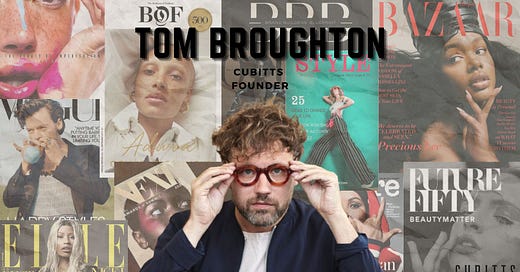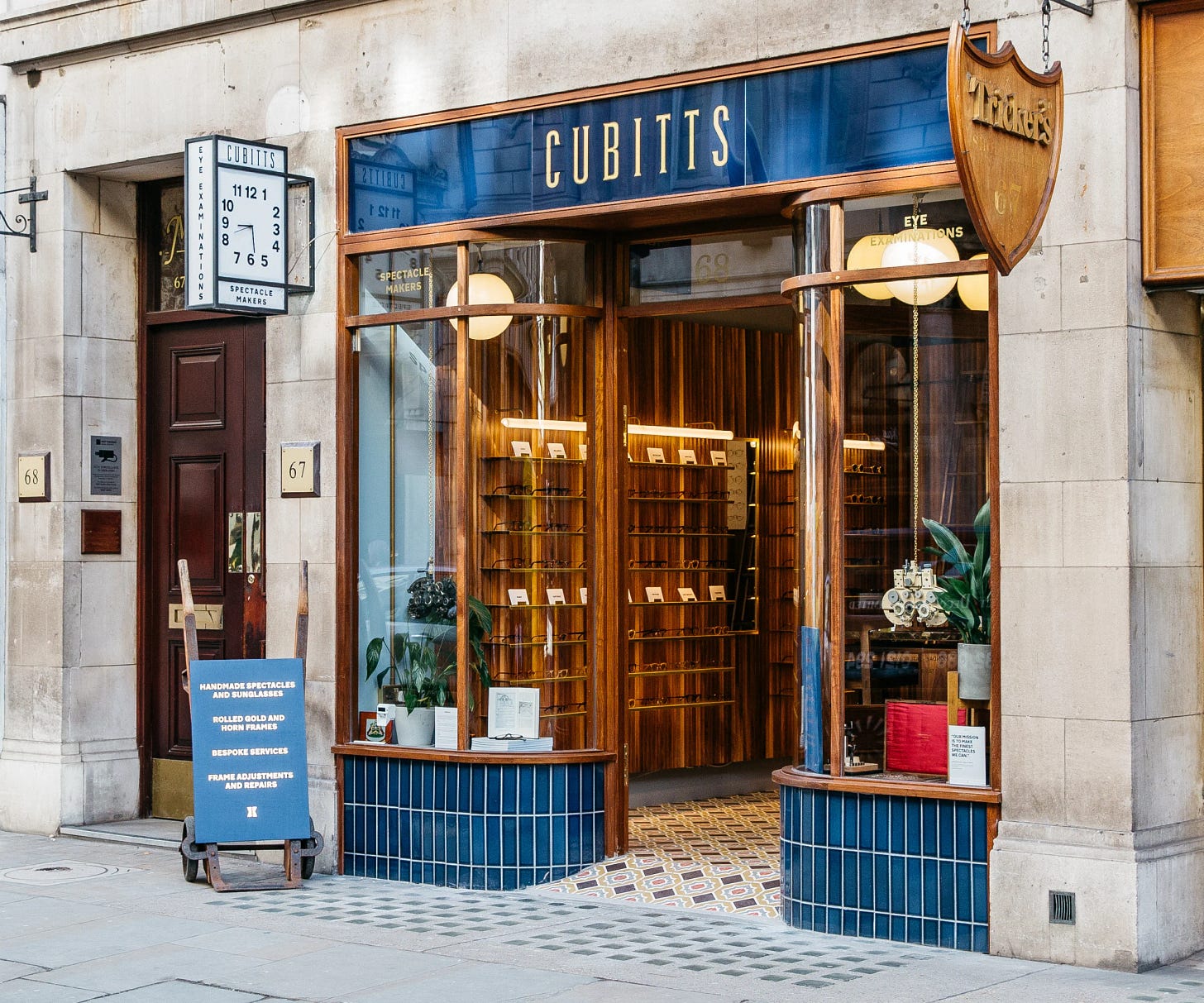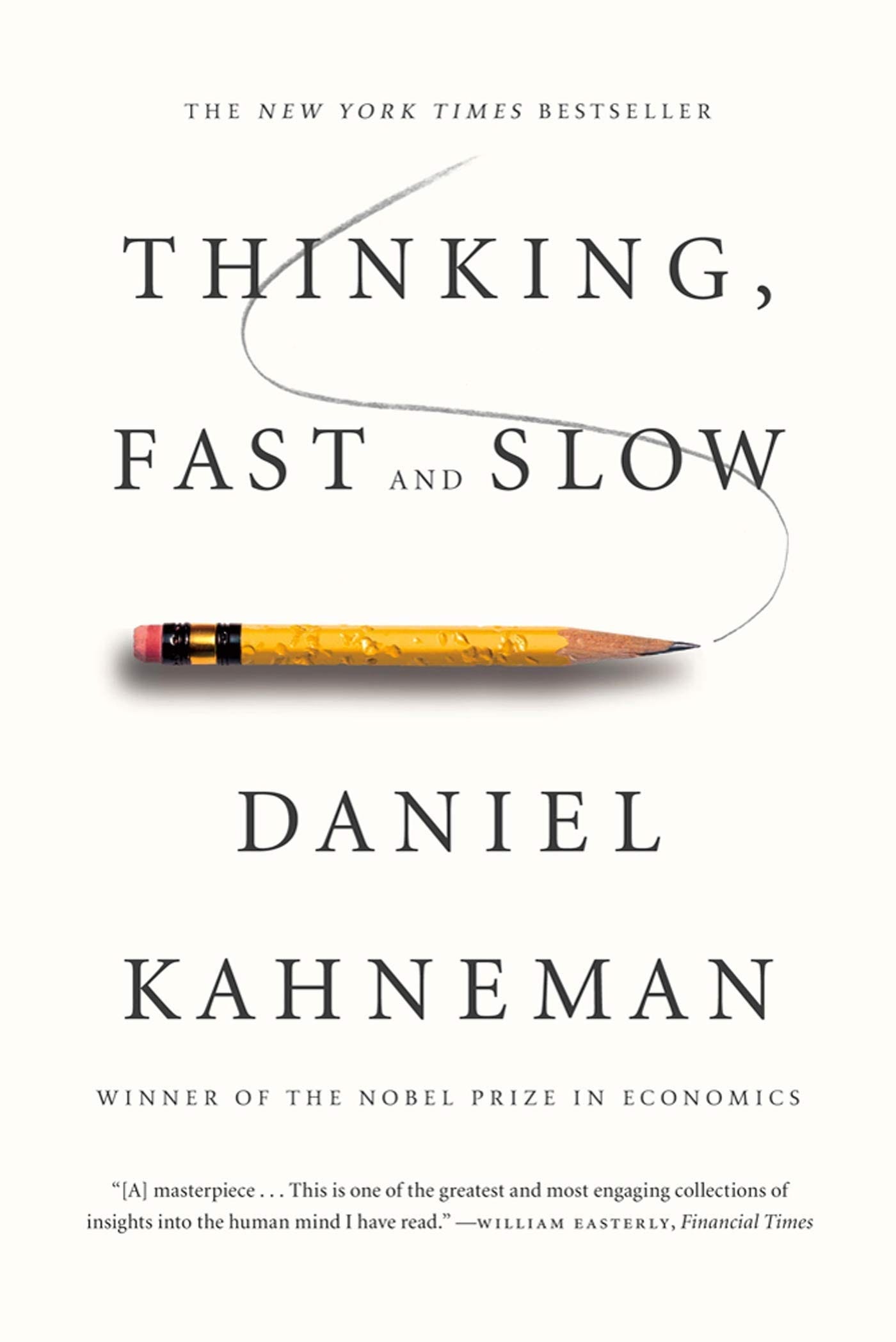Vol. 10 - Tom Broughton, Cubitts
In this convo, Tom, Cubitts Founder, brings a Brough-'ton' of founder tips and tricks into navigating the whacky yet wonderful world of eyewear, accessories and consumer.
Meet Tom:
Tom Broughton is the founder and CEO of Cubitts, the British eyewear brand renowned for blending traditional craftsmanship with modern technology. Established in 2013 from his kitchen table on Cubitt Street in London’s King’s Cross, Tom aimed to revitalize the spectacles industry by offering high-quality, well-designed eyewear at fair prices. Drawing inspiration from the Cubitt brothers, 19th-century engineers who transformed Victorian London, he sought to modernize a centuries-old craft while maintaining its rich heritage.
Before founding Cubitts, Tom spent a decade in various corporate roles, including positions at Deloitte as well as freelance positions at BBC World Service and others. However, as you will learn in our chat, his personal experiences with eyewear and a desire to improve the customer experience led him to enter the optical industry. Starting with hand-drawn designs and self-taught techniques, he launched Cubitts as an online business, personally delivering frames to customers and adjusting them on-site.
Fast forward 12 years and Cubitts has expanded to multiple physical stores across London and internationally, offering bespoke services and embracing sustainability initiatives as a proud B-Corp.
Tom’s journey from a corporate background to pioneering a modern spectacle brand exemplifies his dedication to quality, design, and customer-centric values in the eyewear industry, a dedication that we could all learn from. And luckily he shares a boat load!
The Interview:
What inspired you to start Cubitts?
Getting bad eyesight. Ha!
Honestly, I wish there was a story or a Eureka moment, but to be honest, I started wearing glasses when I was at school. And I just thought they were really cool but it wasn't until later that I realized that other people didn't think glasses were cool and most people didn't actually really like wearing them.
In my 20s glasses changed from a necessity into a hobby. I used to collect vintage frames and had a bunch of different pairs. I then met this man called Lawrence Jenkin who was one of the last remaining spectacle makers and he took me on as an apprentice. So on Thursdays I used to go around to his place and just learn.
That’s when I started to think I could turn this into a hobby that I could do on the weekends alongside my day job (which I continued to do for a year after I launched it as a business until things really started to take off).
So it’s been a funny thing really. Necessity to hobby to job to integral part of my personality.
What’s different about being a founder than you expected?
In the last few years, entrepreneurship has become hugely fetishized. Now it is all about how much money you have raised. Seed rounds. Series A, B, C etc. That didn’t really exist back then outside of Silicon Valley. But it's all you see on LinkedIn, TikTok etc. But back then I spent 7 years saving up to start and then I just started. No fan fare.
I think as a result, and after speaking with other founders, we have a bit of an old school approach. We’ve always tried to be profitable. We’ve always tried to not grow too fast. We've always tried to improve the product and the service as we see fit.
We took investment in 2018/19 and that was a really interesting time. But we always stayed true to ourselves and didn’t succumb to the modern fetishisation of business.
What do you wish you knew before entering the eyewear industry?
Honestly i am glad i didn’t know anything about the optical market. If I’d had known I probably wouldn’t have started.
There’s a paucity of successful optical companies in part because of the tight rope you have to walk between consumer brand and medical brand. You have to have a great product and service of course but this includes thinking about the whole picture and all the technical parts. You have to understand the medical aspect. You have to understand the lens. Glazing. Dispensing, Retail. You have to understand the various healthcare systems you operate in. Customer service and personalisation at scale. And so much more.
I was just like, "Let's make some nice frames." so i think my naivety was a good thing because i do wonder if i had known what it was like, whether Cubitts would be a thing. So I am glad I didn't know much.
Best piece of advice you have received?
The first year or two were horrible if I'm honest. I spent about years saving up and managed to save £67,000. I then spent that all in 3 months. There is this moment when you’ve spent your life savings, you have a business that’s losing money and you’re like ‘what the fuck have i done’.
This is when I thought I should raise some cash so started reaching out to investors but was getting ghosted a lot. So I switched it up and just started reaching out to people I thought were interesting. One of them was actually a guy called Nick Wheeler, founder of Charles Tyrwhitt.
I just guessed his email address so I was pleasantly surprised when he replied and said to come over for a cuppa. But he gave me two bits of advice.
Don't take investment
Be the tortoise, not the hare
He hammered home the point that people are obsessed with growth. However 20% growth over 20-30 years is huge and should be celebrated if it is a business you believe in, enjoy and is paying for itself.
I also met a man called Clive Schlee, who was then CEO of Pret a Manger. He was exactly the same. I asked him how he grew Pret to a multi billion pound brand or whatever and he just said
“We did it over a long period of time. We never grew more than 20%, but we did it over 25 years”
And that’s it. Those two things gave me more confidence to just focus on ourselves and not get bogged down in 100% growth YoY. We can be patient. We are in control of our own destiny and as the founder, I have to be in control of the speed of this treadmill.
A book you think all aspiring fashion leaders should read?
I think there's books that have definitely had a profound impact on me that have changed the way that I think about everything including Cubitts. I think lots of people refer to it but:
Thinking fast and slow - Daniel Kahneman
I think behavioural economics generally is a field that people should research and understand because it's just so applicable to every single little part of running a business. It helps to understand why people think in certain ways how they behave in certain situations, and it feeds into everything. How you price, customer experience, all that kind of stuff. It’s also such a rich topic that I don't think you can ever like exhaust.
Another book worth mentioning is
Lessons of history - Will and Ariel Durant
It’s quite an old book which also had a big impact which I would implore everyone to read. It's tiny. It's 60 pages or something but it's the densest, most intelligent bit of writing I think I've ever read.
Basically, they did a study of human civilisation over 300,000 years and turned that into a bunch of lessons taken from these moments in history. It's just unbelievable. You have to read it about 10 times to take it all in but again it just sort of explains I think we kind of overestimate newness and it's 2025 this is how Gen Z and millennials and blah blah blah but actually people are intrinsically the same and the kind of the projections of the future have already happened in the past right so it provides a really really elegant way of understanding the human psyche.
1x resource you use to stay ahead?
Honestly I think it's about leaning on people rather than resources and just working with really interesting people. That’s how I keep my finger on the pulse.
Being realistic, I'm a middle-aged white man. I don't really know what's going on. But interesting stuff comes from people from diverse backgrounds who provide diverse opinions, viewpoints and experiences.
Like your interview with Jimmy from Represent. His background in hospitality unveils interesting things from that industry that can be applied here in customer service etc.
Whether it is athleisure, streetwear, watches, whatever. The more you are tapped into culture the more you will have your finger on the pulse. In saying that, we recently made a bespoke frame for Arianna Grande and I didn't know who that was.
Marketing campaign you wish you had come up with?
There's one in my industry that I can't help but admire and it’s Specsavers.
I know they’re in the same industry and have 40% market share but their marketing is so effective.
Specsavers are incredibly good at marketing and are pervasive in the psyche of people in Britain especially with their ‘should have gone to Specsavers’ campaigns.
I think it’s a clever marketing campaign and I admire its effectiveness and audacity, even if I vehemently disagree with the underlying sentiment.
What’s one skill, or area, you are actively working on to improve? And why is it important to you?
Hiring people, building teams. I know I'm a mediocre manager, and it’s important to recognise that. If you look at all of the best businesses as they scale it's always because they've got some amazing builders of teams.
I think Elon Musk is a dreadful human being. But he clearly is good at building teams because all of his companies have managed to succeed in spite of his idiocy. I think his superpower is to be able to spot opportunities and then build the teams around that opportunity.
So that's the thing that I'm trying to learn now and especially as we grow in the US it's like how can we build a team and build the right team and the right culture in multiple countries. Especially when the US and the UK do have very different cultures and relationship attitudes to business. So that's the one I'm trying to understand both just from a theoretical point of view but also then if there's heuristics or tools you can use to make you more effective.
What are the main differences between business in the UK vs US?
I don't know if this is a general quote or not but someone once said to me, “if Americans didn't speak English, you would think they're an entirely different species”.
I honestly think the difference is even more extreme than I imagined. Last time we saw each other I told you what that press person told me right? Well she’s a New Yorker and was like “Tom, can I give you some feedback?
“stop being so fucking English”
“You think you're being self-deprecating and smart. Americans just think you're weird. When they ask how your business is going, you can't say, ‘it's all right, up and down’ but instead talk about all your successes”
This journalist told me Americans are attracted to success, whether it is real or perceived so, rightly or wrongly, you've got to position yourself in that way and be vocal about your wins. But it is hard for us Brits as when someone says ‘we’re doing £50m in sales’ or ‘we just raised our series A’, most Brits probably aren't all that impressed and probably subconsciously thinking you’re a bit of a dick and then go check companies house to see what you’re really doing.
Your one to watch? An individual in the space killing it?
Gentle Monster is a brand in my space that’s done very well,. They are LVMH backed but doing great things and distinctive things.
Sports Banger are another one. They are a brand with super old school aesthetics. They’re screen printing t-shirts and have a website with UI completely against anything you would recommend. Also looks like all their photos are taken on an iPhone.
But I think consumers are all just kind of drained by brand’s obsession with optimisation, CAC to LTV and all that stuff we have been hyperfixated on so I think we are seeing more brands doing things their own way that really know and appeal to their customers.
These are definitely ones that I point the team to because i really respect that they have just been like ‘fuck all that’ let’s just create a great business that our customers actually want.
Brand / product you can't live without?
I see all the founder fetishisation thing of up at 5am, ice bath, improved focus etc. But I’m more bottle of La Vieille Ferme red wine. £7.99 and we are sorted.
Industry hot take?
I think this year is going to be really tough for so many people because, especially in consumer, 10 years of the VCs and PEs pumping money into loss-making companies to prop them up will come to a head.
Now they get to the end of their investment cycles, they may have to write off the values of those companies or in many cases let them die. So I actually think this year is going to be a very strategic one for many focused on weathering the storm.
What’s that old saying? “You only know who's not wearing swimming trunks when the tide's out” or whatever. This is the point where the tide is on its way out. Let's have a look at who's wearing swimming trucks.
Appreciate that’s not the most inspirational but it does present opportunities for others as well so go and seize them.
Follow Tom
While Tom cannot be found on LinkedIn, in order to stay up to date with latest developments and progress on Cubitts, it is best to head over to any of the following links:
Or pop into your closest store
Til next time x











Such a great piece!
Loved this! 👓